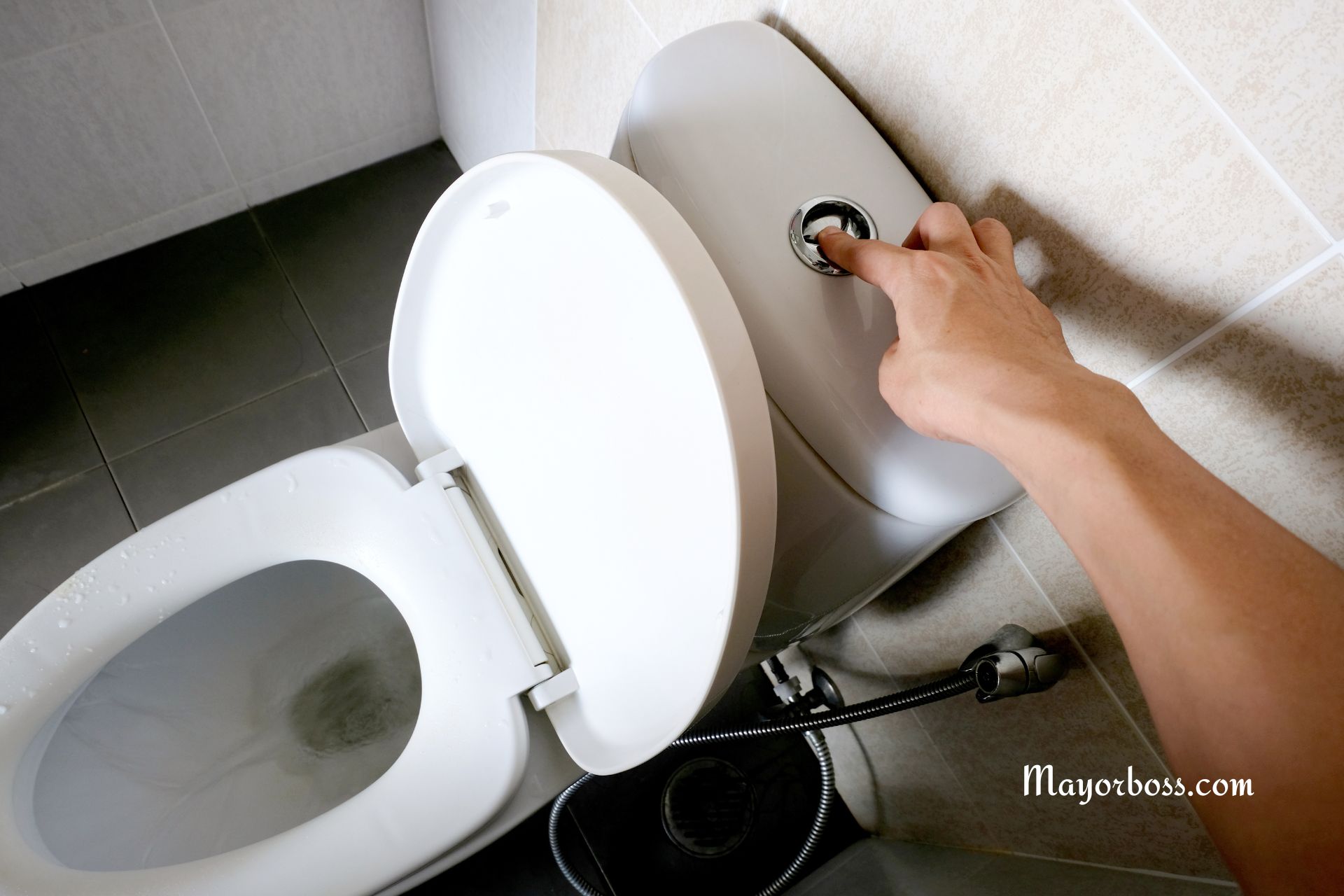6 Things Your Kidneys Want You to Do
Your kidneys are essential organs that perform numerous vital functions in your body. They help to filter waste products, regulate the balance of salt and minerals in your blood, and manage blood pressure. In simple terms, your kidneys keep your body’s internal environment stable and clean. However, like any other organ in your body, your kidneys need care. Here are six things your kidneys would want you to do to ensure they stay in tip-top shape:
1. Drink Plenty of Water
Hydration is crucial for kidney health. Your kidneys need water to filter waste from your blood effectively. When you’re dehydrated, it can be tough for your kidneys to do their job, and may result in kidney stones. While the amount of water you need can vary based on your size, climate, and activity level, a good general rule is to aim for eight 8-ounce glasses per day.
Remember, thirst isn’t always a reliable early indicator of your body’s water needs. You can typically tell if you’re drinking enough water by looking at your urine. If it’s light yellow or clear, you’re drinking enough water. If it’s darker, you may need to drink more fluids.
2. Maintain a Healthy Diet
A balanced diet plays a vital role in kidney health. A diet high in fruits, lean proteins, vegetables, and whole grains can help keep your kidneys and the rest of your body in good health. Here are some tips for kidney-friendly eating:
- Limit salt: High sodium intake can lead to high blood pressure, a typical risk factor for kidney disease. Thus, aim to consume no more than 2,300 mg of sodium daily. That’s about one teaspoon of table salt.
- Watch your protein: Consuming too much protein can strain your kidneys. Aim for lean sources of protein like chicken, fish, and beans.
- Choose heart-healthy foods: Foods rich in omega-3 fatty acids can help reduce inflammation and lower blood pressure, both beneficial for kidney health.
3. Exercise Regularly
Regular physical activity comes with lots of benefits for your kidneys. Exercise helps maintain healthy blood pressure and blood sugar levels, both of which are important for kidney health. Furthermore, regular exercise can, in fact, help you maintain a healthy weight, reducing your risk of developing conditions like diabetes and hypertension that can damage your kidneys over time.
Doctors recommend aiming for at least 30 minutes of moderate-intensity physical activity 3 or 5 days a week. This could include activities like walking, cycling, swimming, or even dancing. Remember to choose activities you enjoy to increase your chances of sticking with them.
4. Avoid Smoking and Excessive Alcohol
Both smoking and excessive alcohol consumption can harm your kidneys and lead to kidney disease. Smoking slows the blood flow to your kidneys, decreasing their ability to function properly. It can also increase your risk of kidney cancer by about 50%.
Alcohol, on the other hand, can cause dehydration, which can affect the normal functioning of your kidneys. If you choose to drink, do so in moderation. That’s usually up to one drink a day for women and up to two drinks a day for men.
5. Keep Blood Pressure in Check
High blood pressure is ranked as the second leading cause of kidney disease. Thus, keeping your blood pressure in check can help protect your kidneys. Regular exercise, a balanced diet, maintaining a healthy weight, limiting alcohol, and avoiding smoking are all effective ways to manage blood pressure. Also, be sure to monitor your blood pressure regularly, especially if it’s been high in the past.
6. Regular Check-ups
Regular health check-ups can help detect kidney problems in their early stages before they become serious. This is particularly important if you have risk factors for kidney disease, such as diabetes, hypertension, or a family history of kidney problems.
Your doctor can perform simple blood and urine tests to check for signs of kidney damage. Regular check-ups allow for early detection and treatment, which can slow or even halt the progression of kidney disease.
In conclusion, taking care of your kidneys is a daily commitment that requires a balanced lifestyle. While it might seem overwhelming at first, many of these habits are interconnected. For instance, a balanced diet and regular exercise can help manage blood pressure, while quitting smoking and limiting alcohol can enhance your overall health. With these daily practices, you’re not only promoting the health of your kidneys but your overall well-being too.
Further Reading: 10 Foods That Help Repair Kidneys






